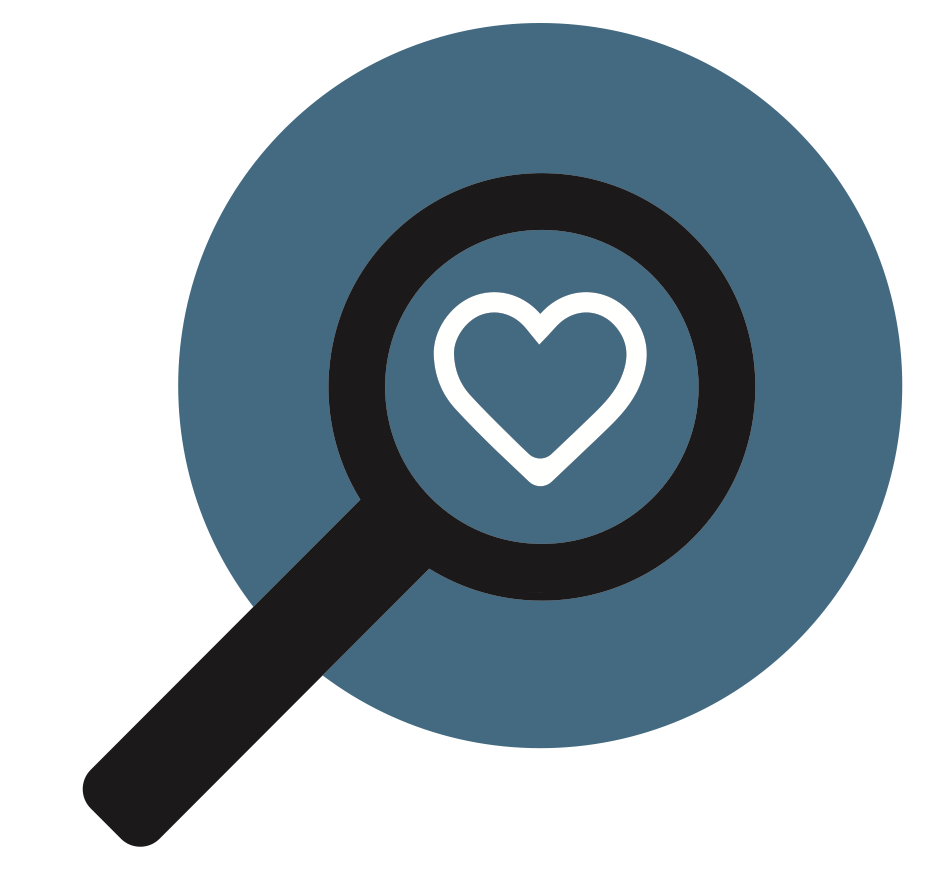Different types of relationship
Previous / Next
Relationships
Part 2 - Different types of relationship
What follows is an A–Z list of the different types of relationship you may have in your lifetime, with the aim of getting you thinking about your own bonds and connections. For example, which of these relationships do you find easier than others? Which ties are you more aware of than others?